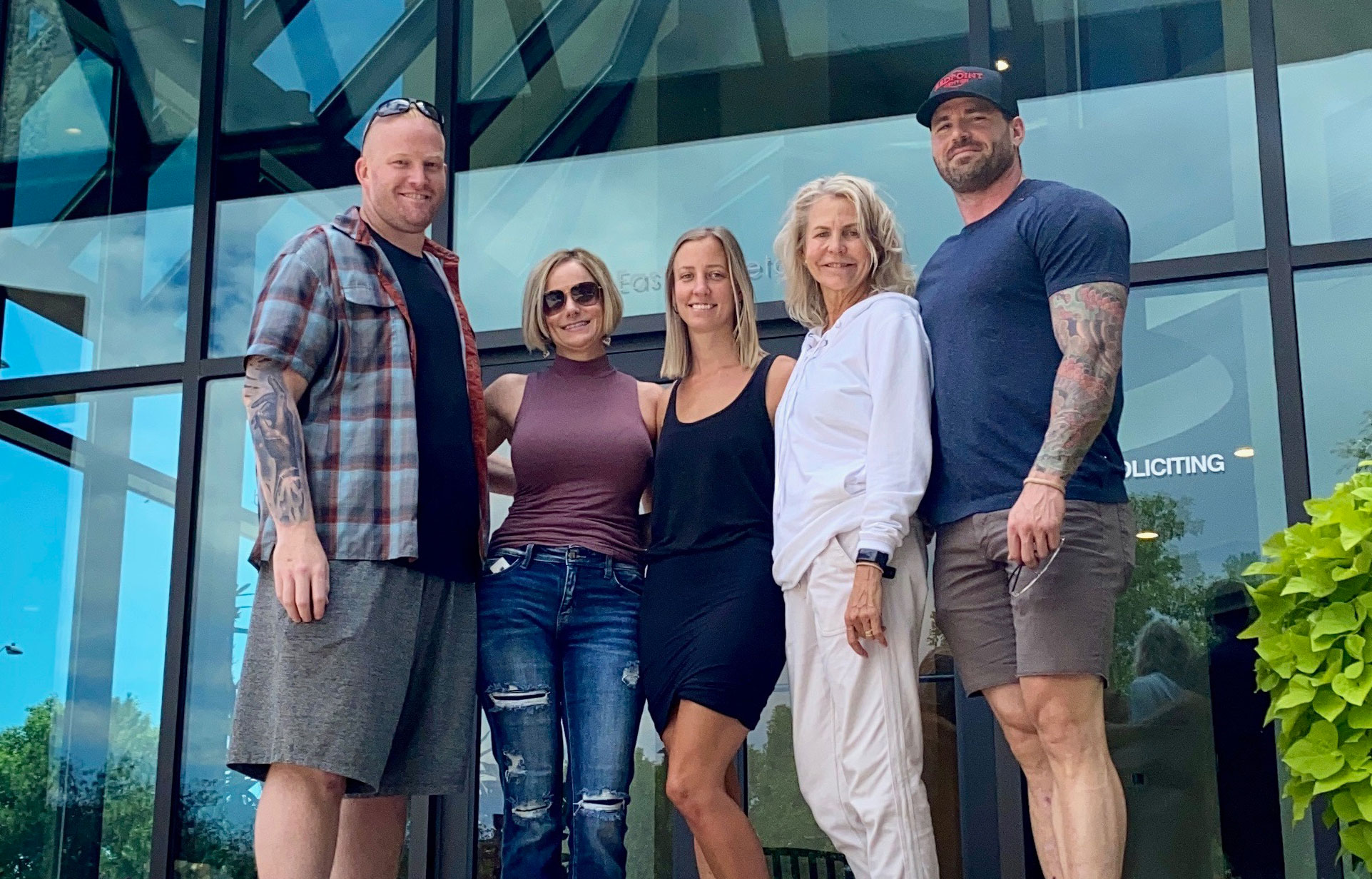
Asking For—and Accepting Help
Asking for help is not easy. In a lot of ways, it means letting go. In addition, many of us were taught to pull ourselves up by our bootstraps. Asking for help might feel like the opposite of self-reliance. But that’s a myth. What’s more, it’s one we need to break.
For many in recovery, the term surrender is common. But what does it really mean? Surrender is usually experienced involuntarily at first. We find ourselves in the midst of another personal mess, bender, hangover, or some other mistake. As a result, we are helpless—our egos bruised so much that for a single moment we surrender to the thought: I need help. As time passes, however, it is all too common for our tough exterior, ego voice, to kick in and say, “I can handle it. I’ll never get that bad again.” This leads us to the same cycles of addiction and isolation. So how do we accept support?
Mental Health, Substance Use, and Why We All Need Help
No one wants to struggle and feel like they can’t do it alone. Culturally, it can make us feel weak or impotent. Also, vulnerability is scary. It takes courage to share our pains and sorrows. But when we find ourselves in this position, momentary surrender can save our lives. And asking for help provides a gateway to vulnerability and courage. Our society today praises independence, being self-made, and fighting for what we earn. It feels good to be responsible and on top of our own lives. However, as many experience in addiction or mental health struggles, pulling yourself out of these dilemmas alone can feel impossible. In earlier times, the individual could not survive without the tribe. The safety, camaraderie, and power of the group allow for the conditions of survival. Biologically, we are no different than our ancestors. Sometimes, we need people. And it’s truly okay to need help.
Quieting the Ego
The ego is the voice in our heads that defines our sense of self and the surrounding world. It assigns this meaning based on the past. Furthermore, the ego is influenced by childhood experiences and can impact the way we feel about ourselves and others. In addition, if we are not aware of it, it can drive our behaviors, sometimes into the ground. Depending on what kinds of experiences we had as a child, how we were spoken to, and what beliefs were instilled, we may have a healthy sense of balanced ego-awareness or a distorted one. When the ego is distorted, through abuse, neglect, emotional abandonment, or unhealthy attachment, it is traumatized. This trauma influences our lives. It can isolate us, it can mean we project our fears and insecurities onto others, it can tell us we’re not enough. Therefore, when we dwell in the ego state, we isolate. We don’t ask for help or reach out when hurting. Studies find that extreme self-reliance can be detrimental to our well-being, especially for our youth.
Asking for Help in Recovery
For those of us in recovery, the ego surrender is a part of healing. We let go of the hardness, the layers of protection, the false beliefs to soften towards ourselves and others. Consequently, this allows us to give ourselves a break, and to accept help. We surrender to our humanness. The fellowship in substance abuse programs or AA reminds us of the tribal connection, where we could find help around any corner. Therapists and addiction specialists dedicate their lives to helping others because they truly love doing it. Helping others is their greatest joy. The reality is that we all need help sometimes, and it is there for us, if we surrender to it.
If you are starting to awaken to your sense of self and wondering if support might help, know that you are not alone. Help is available. Whether it is a family member, a trusted friend, or a professional mentor, clinician, or therapist, don’t be afraid to reach out. Don’t let your inner voice or resistance dominate. It is in vulnerability that we find true courage.













